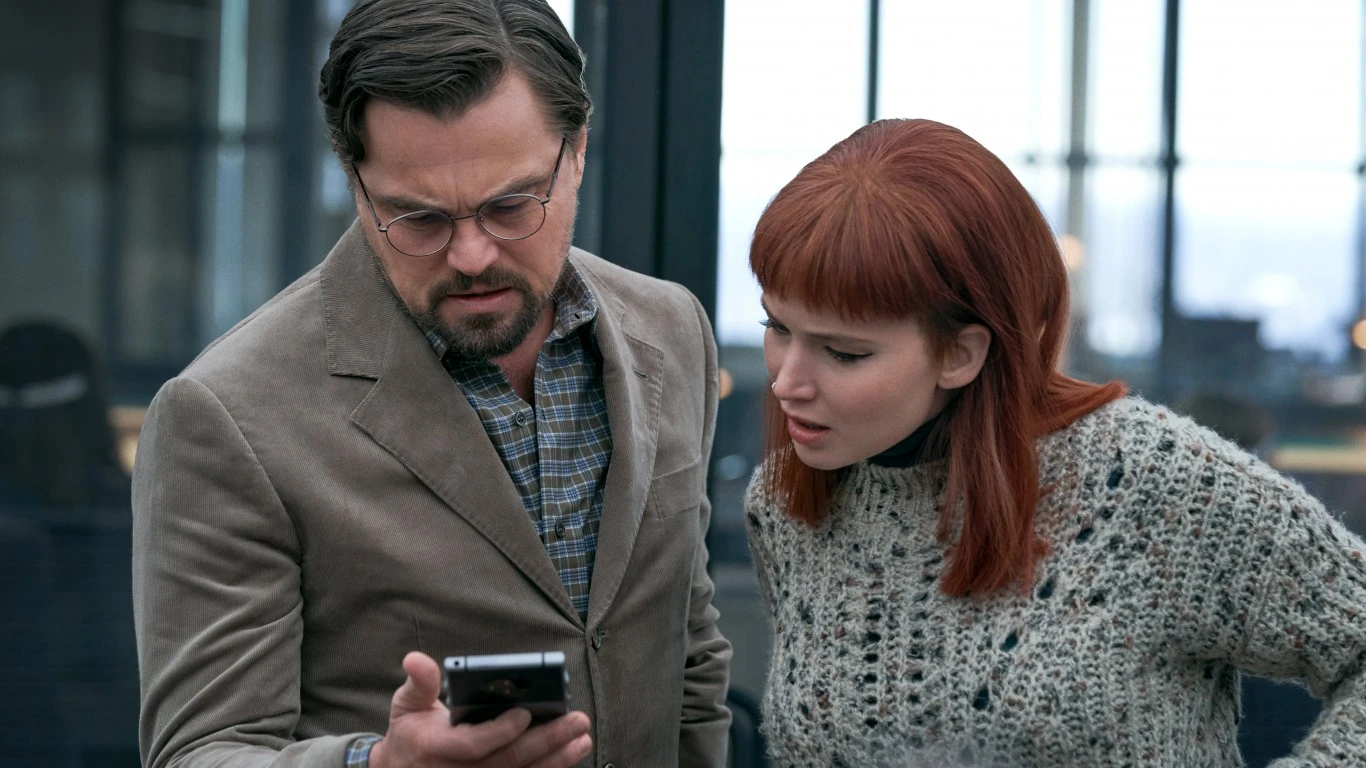
Nowhere is the relationship between comedy and tragedy more closely entwined than in the history of politics. One can take virtually any political era from the last two eons and walk away either crying at the horror of it all or laughing at the absurdity. The trend continues to this day, whereby major political figures and events are either terrifying or hilarious, depending on how one chooses to look at them.
For a number of filmmakers, the satirical or comic approach is the best one. That’s given way to an enduring history of political comedies, many of which deliver pointed and often grim messages under a somewhat zany veneer. Some may figure among the highest-grossing R-rated comedies of all time.
To determine the 25 best political comedies, 24/7 Tempo developed an index using average ratings on IMDb, an online movie database owned by Amazon, and a combination of audience scores and Tomatometer scores on Rotten Tomatoes, an online movie and TV review aggregator, as of August 2022, weighting all ratings equally. Documentaries were not considered.
Click here to see the 25 best political comedies of all time
One recent entry on our list is Adam McKay’s “Don’t Look Up,” in which modern society is too shallow and corrupt to deal with its own impending doom. Looking back to the 20th century, Stanley Kubrick’s classic “Dr. Strangelove or: How I Learned to Stop Worrying and Love the Bomb” similarly channels global catastrophe through a satirical lens. In a different mode, Barry Levinson’s “Wag the Dog” depicts the power of fake news in diverting attention away from a presidential sex scandal. (These are the 35 best fictional presidents in movies and on TV.)
Then there’s the work of Armando Iannucci, who continues to balance petty political in-fighting with major geo-political consequence. Efforts such as “The Death of Stalin” and “In The Loop” both offer perfect examples of his unique talents. There may even come a day when historians study his films and others as a way to analyze or understand broader political events.





